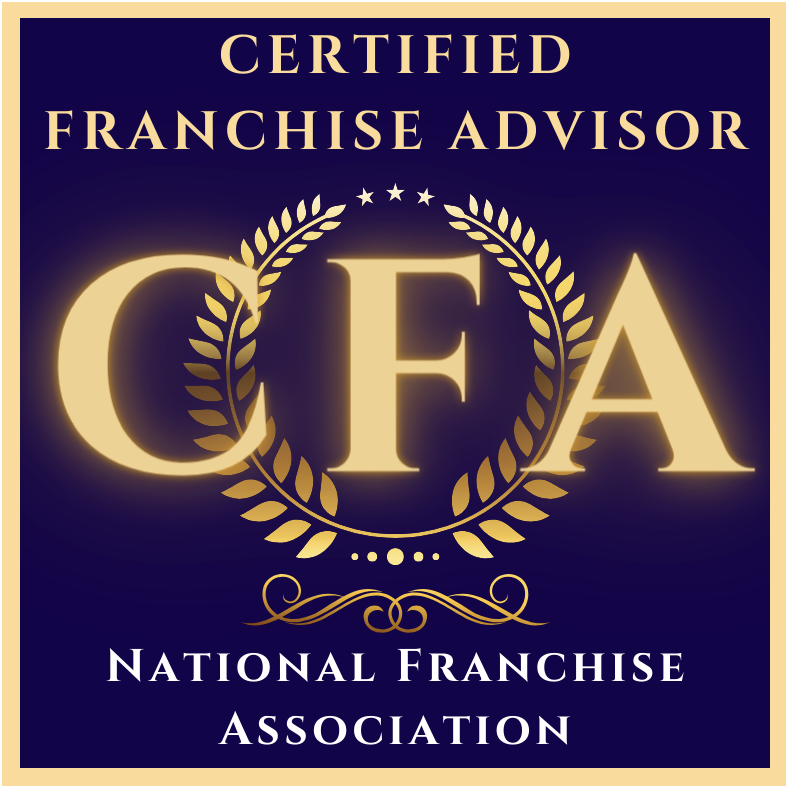5 Different Types of Franchises
From low-investment opportunities to large-scale operations with options in between, find the perfect type of franchise for yourself.
From low-investment opportunities to large-scale operations with options in between, find the perfect type of franchise for yourself.
Purchasing a franchise is a wise investment for business owners searching for a profitable types of franchises with complete operations, pre-existing internal procedures, and brand recognition. It’s important to decide the business model and industry you want to work in before purchasing a franchise.
Franchises are divided into types, each of which covers several distinct businesses. To assist you in choosing the franchise model that best fits your demands, we have listed the five fundamental types of franchises.
Franchise Types Explained
Franchises can be almost any kind of business, making it a very flexible option. Numerous characteristics, such as investment level, franchisor strategy, operations, marketing, and relationship models, can be used to categorize the various types of franchises. The following are the five main categories of franchises: job franchise, product franchise, business format franchise, investment franchise and conversion franchise.

Job Franchise
A job franchise is a type of franchise that is intended to be owned and operated by an owner-operator or with a small number of extra employees. This is commonly a low-investment opportunity, and it’s frequently a franchise that can be run mobile or out of the franchisee’s house. The moniker comes from the fact that the franchisee earns a living and a job by purchasing the business. The franchisee will supply their clientele with goods or services. Cleaning services, lawn care, a mobile coffee shop, or my own line of work, which is kids’ clubs, activities, and classes, are a few examples of job franchises.
Product (Distribution) Franchise
Supplier-dealer partnerships provide the framework of product-driven franchises, in which the franchisee distributes the franchisor’s goods. Although the franchisor licenses its brand, it typically does not give franchisees access to a full operating system.
Large products like automobiles and auto repair parts, computers, bicycles, appliances, vending machines, etc. are the main focus of product franchises. Franchising for product distribution accounts for the largest portion of overall retail sales. Exxon, Texaco, Good Year Tires, Ford, Chrysler, John Deere, and other automakers are a few well-known product distribution companies. In certain situations, such as with the soft drink producers Coca-Cola and Pepsi, franchisors license not just a portion of the production process but also distribution.
Business Format Franchise
The structure of the business besides being able to use the franchisor’s trademark, a franchisee also receives access to the whole system for running the company and promoting the good or service. The franchisor gives first and continuing training, assistance, and a comprehensive plan and processes covering nearly every facet of the firm.
Form for business When discussing franchise systems, the most common type is usually mentioned, which is franchising. Franchises are available for more than 70 industries, with the most common ones being fast food, retail, restaurant, fitness, and others.
Investment Franchise
These are usually big-ticket enterprises requiring substantial capital outlays, including hotels and larger restaurants. In order to run the business, generate a return on their investment, and realize a capital gain upon exiting the business, franchisees typically invest money and hire a management team or a franchisor.
Conversion Franchise
Conversion franchising is a modification of standard franchise relationships. A common way for franchise systems to expand is by turning independent companies within the same sector into franchise units. Franchisees implement training programs, important client service standards, marketing and advertising campaigns, and trademarks.
They often result in higher procurement savings as well. In this strategy, the franchisor has the opportunity to increase both in terms of units and royalty fee income extremely quickly. Conversion franchising is widely used by the real estate, floral, professional services, and home services businesses, including air conditioning, plumbing, and electrical services.
Final Thoughts
If company owners want to build their brand and become profitable, buying a franchise is a good option. Before committing, though, it’s important to thoroughly evaluate your ideal business strategy and sector. There are several types of franchises, each designed to meet specific demands.
A comprehensive understanding of the job, product, business structure, investment, and conversion franchises facilitates the making of well-informed, goal-aligned decisions by potential franchisees. There are solutions available in a variety of industries, depending on your preferences for modest investment possibilities, distribution prospects, or extensive support systems. By investigating these franchise models, people can confidently traverse the environment and build the road toward profitable businesses.






